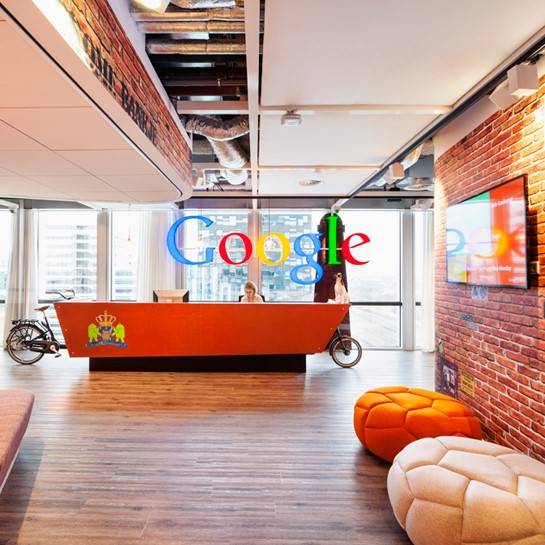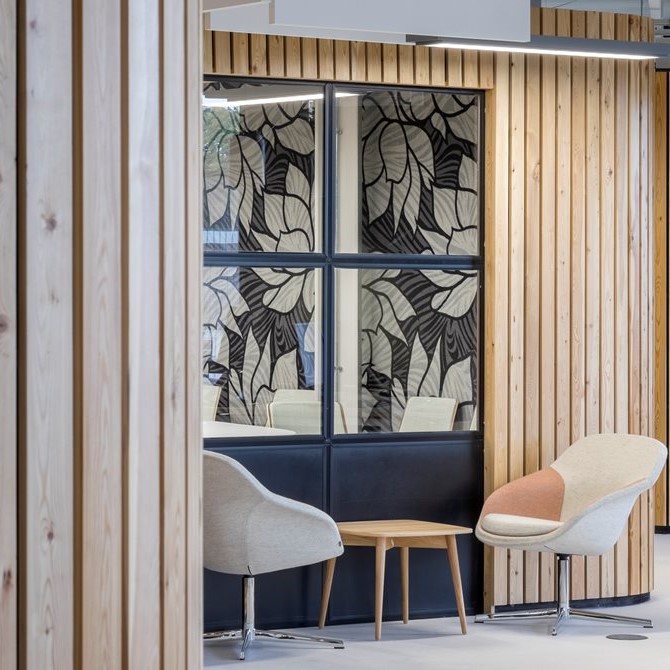To provide the best experiences, we use technologies like cookies to store and/or access device information. Consenting to these technologies will allow us to process data such as browsing behaviour or unique IDs on this site. Not consenting or withdrawing consent, may adversely affect certain features and functions.
The technical storage or access is strictly necessary for the legitimate purpose of enabling the use of a specific service explicitly requested by the subscriber or user, or for the sole purpose of carrying out the transmission of a communication over an electronic communications network.
The technical storage or access is necessary for the legitimate purpose of storing preferences that are not requested by the subscriber or user.
The technical storage or access that is used exclusively for statistical purposes.
The technical storage or access that is used exclusively for anonymous statistical purposes. Without a subpoena, voluntary compliance on the part of your Internet Service Provider, or additional records from a third party, information stored or retrieved for this purpose alone cannot usually be used to identify you.
The technical storage or access is required to create user profiles to send advertising, or to track the user on a website or across several websites for similar marketing purposes.
 A new report from Owl Labs claims that although two-thirds of US workers now work away from their main place of work some of the time, there are still many people and organisations that are unaware of the benefits, processes and challenges involved in flexible working. The new report explores the effect flexible working has on personal happiness, recruitment, retention and skills as well as exploring the attitudes of people who are based in a fixed place of work.
A new report from Owl Labs claims that although two-thirds of US workers now work away from their main place of work some of the time, there are still many people and organisations that are unaware of the benefits, processes and challenges involved in flexible working. The new report explores the effect flexible working has on personal happiness, recruitment, retention and skills as well as exploring the attitudes of people who are based in a fixed place of work.

































September 6, 2019
Escaping the hell of hot desking
by Tim Oldman • Comment, Workplace design